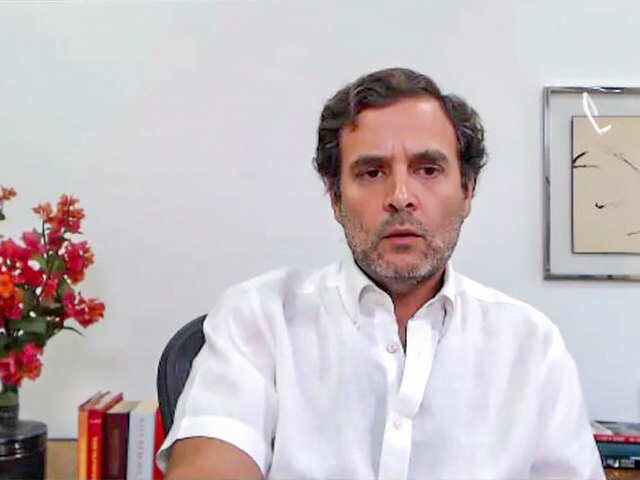New Delhi, Sep 10: The government on Wednesday cleared two moves meant to reduce the import of gold. While the first entails the issue of gold bonds that individuals can invest in instead of buying it in physical form, the second is the Gold Monetization Scheme or a new deposit tool meant to help people earn returns on the precious metal lying idle in bank lockers. The gold deposited through this scheme will be re-circulated in the economy, helping cut imports.
 Both the proposals were announced in the last Budget . But the returns that the two instruments will offer will only be announced after a few weeks. As a result, investment consultants are advising people to wait for the details to come out.
Both the proposals were announced in the last Budget . But the returns that the two instruments will offer will only be announced after a few weeks. As a result, investment consultants are advising people to wait for the details to come out.
India is among the top two markets for gold with the demand for bars and coins estimated at 300 tonnes annually as households have traditionally seen it as a safe investment. But the high demand and large quantities of imports distort the trade numbers and put pressure on the current account deficit and, in adverse situations, impacts the exchange rate.
As a result, the government announced sovereign gold bonds, which can be purchased by resident Indians with annual cap on investment of up to 500 grams per person. The bonds will be in denominations of 5, 10, 50 and 100 grams and will earn interest, which could be floating or at a fixed rate. So, instead of buying gold, you buy the bonds and on redemption, the amount will be transferred to your bank account.
When it comes to the price of the yellow metal, the government said it would be based on a reference rate fixed by RBI. The bonds will have a tenure of five-seven years and will be sold through banks, post offices, non-banking finance companies and agents hawking National Savings Certificate (NSC).
Just as gold is mortgaged during tough times, the bonds can be used as collateral for loans and will be traded on exchanges. In a statement, the government said the exemption from capital gains would be considered in the next budget with the benefit of indexation available to investors.
"The deposit will not be hedged and all risks associated with gold price and currency will be borne by GOl (government) through the Gold Reserve Fund. The position may be reviewed in case Gold Reserve Fund becomes unsustainable," an official statement said.
Gold Monetisation Scheme
If the move to issue gold bonds is meant to wean away buyers of the metal in physical form, the decision to launch a revamped gold monetisation scheme is aimed at tapping into vast quantities lying with households although similar schemes have failed to generate interest in the past.
Unlike gold lying at home, the amount deposited under the Gold Monetisation Scheme will fetch interest, much like a savings bank account, although the returns will be far lower at 1.5-2%. But on the flip side, the scheme is targeted at individuals who are willing to deposit a minimum 30 grams.
You will need to get a purity certificate from an approved Assaying and Hallmarking Centre and open a Gold Savings Account. You will then deposit the gold with a bank -- which will transfer it to a warehouse -- and choose a tenure which can range from one-three years (with rollover in multiples of one year to 12-15 years). "Like a fixed deposit, breaking of lock-in period will be allowed in either of the options and there will be a penalty on premature redemption (including part withdrawal)," a statement said.
When it comes to redemption, if you are a short-term investor, you will have the option to redeem it either in cash or the equivalent quantity of gold. But medium- and long-term deposits will only be redeemed in cash.
To reduce imports and use the gold mopped up through the GMS, there will be a loan facility for jewellers.






Comments
This paragraph will help the internet people for creating new weblog or even a blog from start to end.
Here is my weblog; self storage gold iran (meeranursing.com: http://meeranursing.com/httpdocs/test/php/php_info.php?a%5B%5D=debt%20f…)
Add new comment